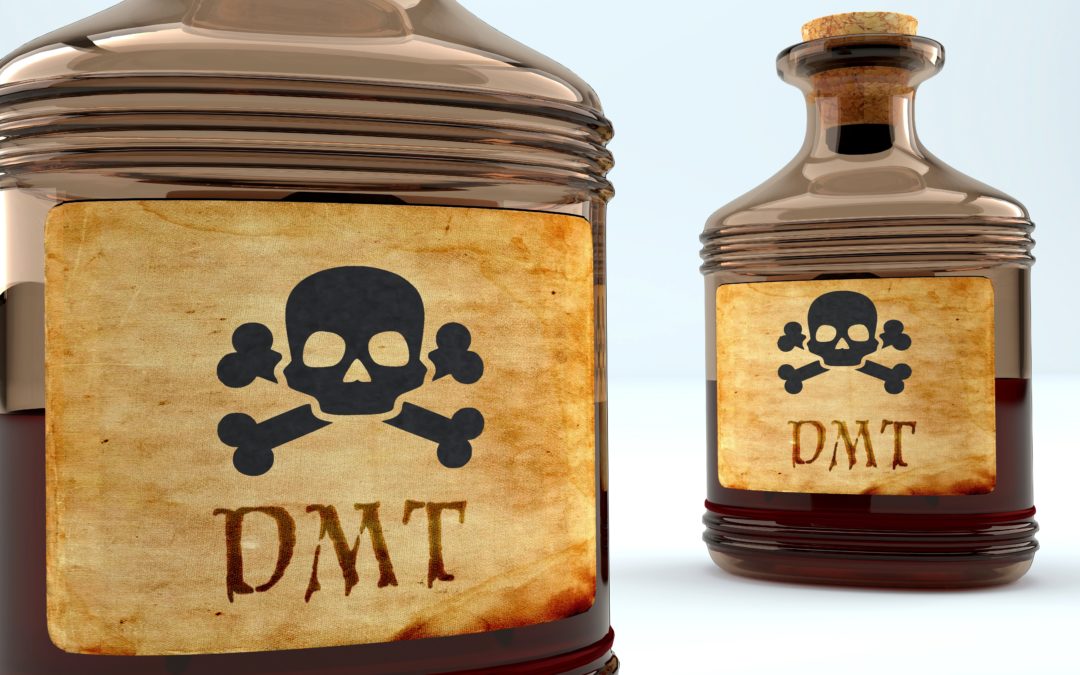Psychedelics and “plant based medicine” is all the rage, but is it a good idea? Let’s explore some of the basics around DMT, dangers of DMT use, and some other things to keep in mind when considering DMT use.
What is DMT? DMT (dimethyltryptamine) is a powerful hallucinogenic substance that occurs naturally in some plants and animals. While it is not considered physically addictive, some individuals may find the profound and transformative experiences it produces psychologically compelling and may seek to use it repeatedly. However, due to its limited availability, potential risks, and legality issues, the prevalence of DMT addiction is not well understood.
DMT is a Schedule I controlled substance in the United States, meaning it is illegal and not approved for medical use. It is classified as a serotonergic psychedelic drug and works by binding to the serotonin receptors in the brain. DMT produces intense, short-lived psychedelic experiences that can include vivid visual and auditory hallucinations, feelings of detachment from the body, and a sense of transcending time and space.
DMT is typically consumed by inhaling it in a vaporized form or by drinking a brew containing DMT, which is sometimes called ayahuasca. The effects of DMT are often described as profound and transformative, but they can also carry significant risks, including psychological distress, anxiety, and paranoia. Some people may also experience physical side effects, such as elevated blood pressure, heart rate, and body temperature.
While DMT is not considered physically addictive, some individuals may find the experiences it produces psychologically compelling and may seek to use it repeatedly. Some users may experience a “honeymoon” period of intense fascination with the substance, but as with other psychedelics, tolerance can quickly develop. This means that repeated use of DMT may result in a diminished effect, requiring larger doses to achieve the same level of intensity. Some individuals may experience a “rebound effect” of depression or anxiety after the effects of the drug wear off.
Despite the potential risks associated with DMT use, the prevalence of addiction is not well understood. This is partly due to the limited availability of the substance and the fact that DMT is not typically used on a regular basis, unlike other drugs of abuse. Additionally, the intense and transformative experiences produced by DMT may make it less likely that individuals will use it frequently or become addicted to it.
However, some individuals may be more susceptible to developing addiction-like behaviors in response to the use of DMT. These individuals may be more likely to seek out the substance repeatedly, to use it in increasingly larger doses, and to experience negative consequences as a result of their use. Those with a history of substance use disorder or mental health conditions may be at higher risk of developing problematic patterns of DMT use.
It is important to note that the use of DMT is illegal in many countries and may lead to severe legal consequences. The substance may also carry significant risks, particularly for individuals with underlying mental health conditions. Those interested in exploring the potential therapeutic benefits of DMT should seek guidance from a qualified healthcare professional or researcher, and always use the substance in a safe and controlled environment.

